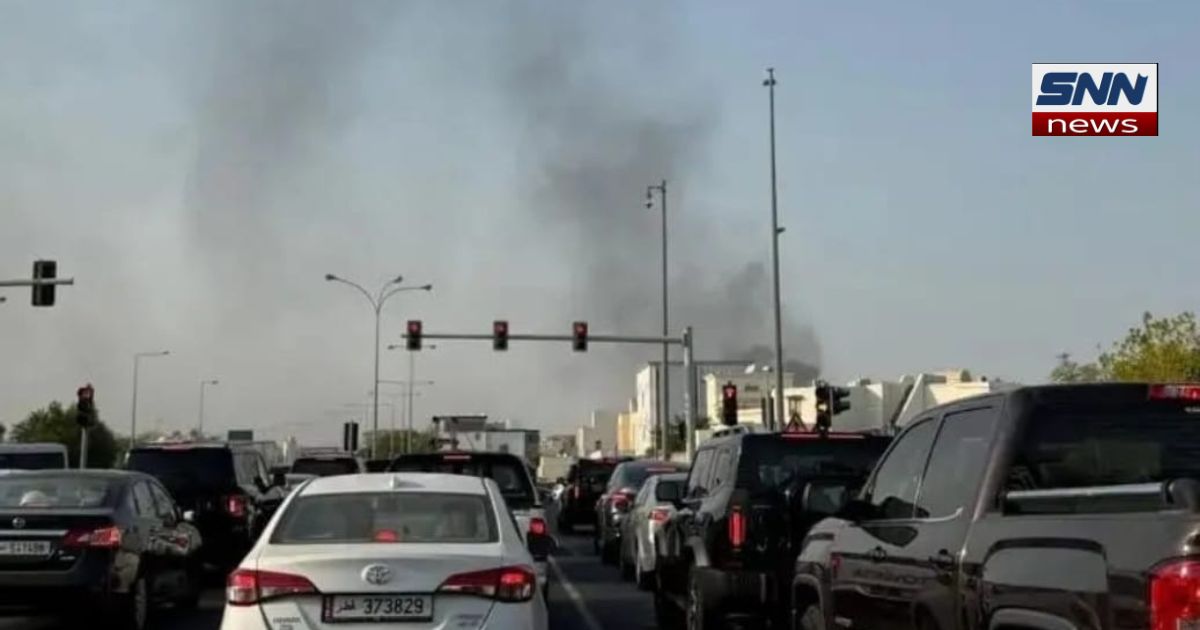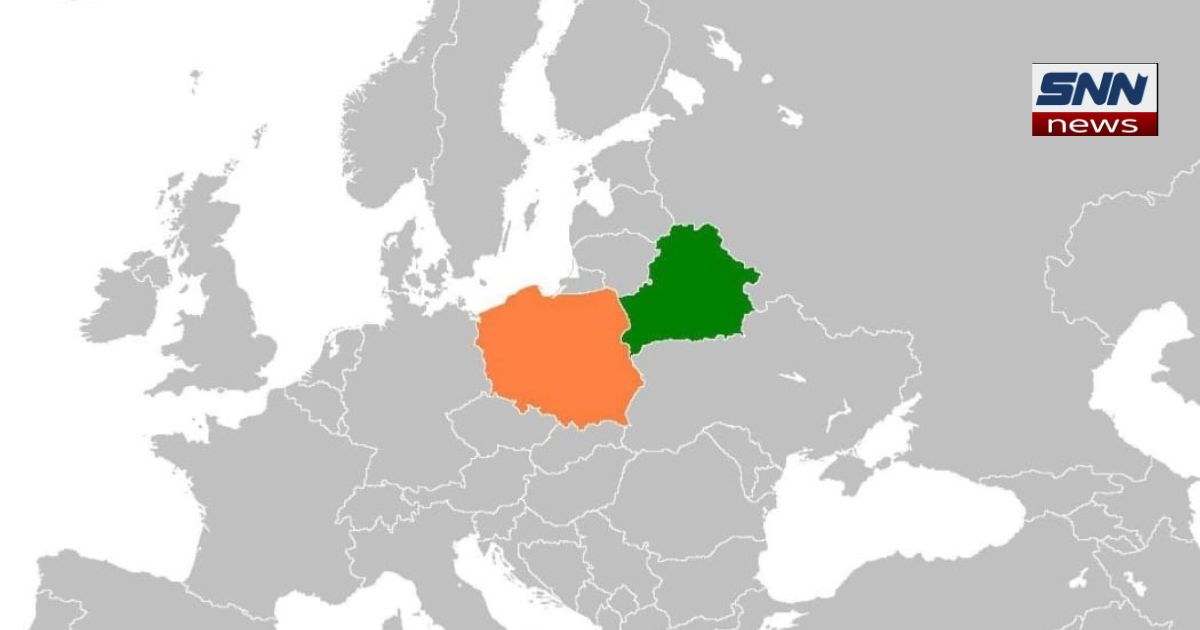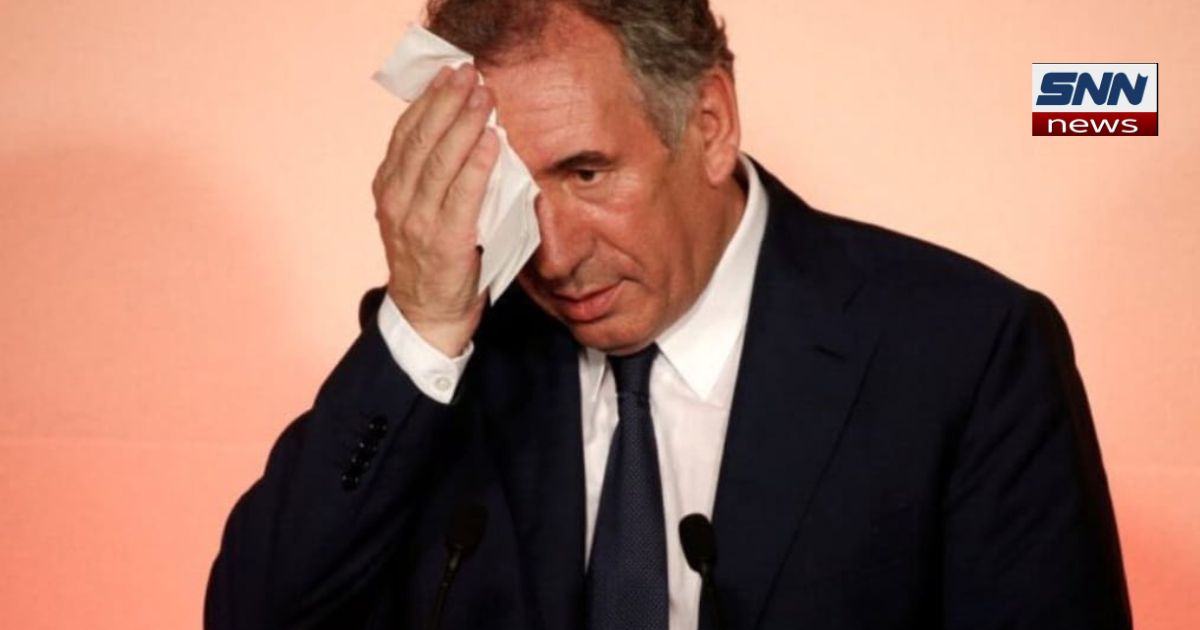By SHUMAILA ASLAM
Scandinavian News Agency – Bureau Chief Pakistan
A Struggle Faced by Every Household
“How to manage household expenses on just one salary in this era of inflation? Nowadays, even paying bills and buying groceries has become difficult. In such a situation, how can we cover children’s school expenses and fuel costs? If this continues, it seems we’ll have to pull the kids out of school…”
This conversation and these issues are no longer confined to just one household or office in Pakistan. For nearly two years, the rising prices of petrol, gas, electricity, and daily necessities have affected every class and individual in the country.
Inflation is Making Life Unbearable
In the market, people are often heard complaining:
“Should we pay the rent, buy groceries, or cover our children’s education expenses… tell us, what should we do?”
Basic vegetables like onions, tomatoes, potatoes, green chilies, coriander, and mint, which are used in everyday cooking, are now becoming out of reach for the common man.
The continuous rise in inflation in Pakistan is worsening living conditions day by day. Soaring prices have not only forced many into begging but have also led to an increase in crimes like theft and robbery.
Essential Needs Out of Reach
Whether it’s food, medicine, clothing, machinery, electricity, gas, petrol, or transportation fares—everything has become expensive, and the burden is falling on the people. Inflation is not just a word; it is a disease crushing the poor and middle class.
Utility bills (electricity, gas, water) and the prices of everyday items are skyrocketing. The final blow comes in the form of unjust taxes, leaving the public in agony.
Unfair Tax System Amplifies the Crisis
The various taxes imposed by the government, many of which are unnecessary and unfair, have become an additional burden on the people.
Whether it’s the salaried class or small traders, everyone has to spend a significant portion of their income on paying these bills and taxes. The absurd distinction between “filers” and “non-filers” further deepens the injustice faced by the public.
Declining Purchasing Power
Inflation has made life miserable for the people. Purchasing power has declined so much that basic necessities like lentils, vegetables, flour, sugar, and ghee are slipping out of reach. Providing children with education, healthcare, and daily necessities is becoming a distant dream. Parents can neither afford to send their children to good schools nor manage expensive medical treatments when needed.
Jobs Scarce, Debt Rising
Job opportunities were already scarce, and inflation has made life even harder. People are borrowing money to keep their kitchens running, and financial troubles have doubled. In contrast, government officials remain engrossed in their pomp, luxury, and “protocol” extravagance, which is akin to rubbing salt in the wounds of the public.
Economic Impact on a National Scale
Inflation directly impacts the national economy. When people’s purchasing power declines, businesses suffer. Small traders are going bankrupt, and big investors are hesitant to invest in Pakistan. Unemployment is rising, becoming a serious social issue. Reports suggest that several large industries have already relocated from Pakistan to Bangladesh.
What the Government Must Do
The government must formulate policies that restore people’s purchasing power and relieve them from the burden of inflation. By promoting agriculture and industry, new job opportunities should be created. Without providing relief to the public, economic stability and social harmony are impossible.
A National Crisis That Needs Immediate Attention
The people want freedom from the monster of inflation. It is the constitutional, moral, and humanitarian responsibility of the current government to listen to the public’s cries and make their lives easier. Otherwise, this grave issue could lead to political and social unrest, the consequences of which will be beyond anyone’s control.
Conclusion
The rising inflation in Pakistan is not just a temporary phase—it is a growing national crisis affecting every household. With skyrocketing prices of food, fuel, electricity, and daily essentials, even middle-class families are finding it difficult to survive. If immediate and practical economic reforms are not introduced, the situation could spiral into social and political instability.
To restore purchasing power, reduce financial pressure on low-income families, and build long-term economic resilience, the government must introduce targeted relief programs, create sustainable job opportunities, and eliminate unjust taxation. Only then can the people of Pakistan hope to live with dignity and security in their own country.









